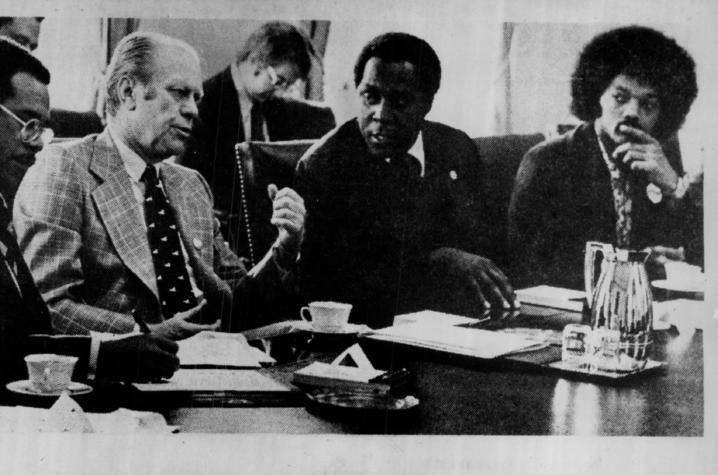Universities are where new discoveries are made, new understanding is reached and new ideas thrive. With that understanding, it is no surprise that Black History Month first began on a college campus.
While the first monthlong commemoration began in 1969 at Kent State University, the origins of Black History Month date back to 1915 with the founding of the Association for the Study of Negro Life and History (ASNLH), an organization dedicated to researching and promoting achievements by Black Americans and other peoples of African descent.
The group sponsored a national Negro History week in 1926, choosing the second week of February to coincide with the birthdays of Abraham Lincoln and Frederick Douglass. As the celebration grew traction, mayors of cities across the country began issuing yearly proclamations recognizing “Negro History Week.” By the late 1960s, thanks in part to the civil rights movement and a growing awareness of Black identity, “Negro History Week” had evolved into Black History Month on many college campuses.
Then in 1976, President Gerald Ford officially recognized Black History Month, calling upon the public to “seize the opportunity to honor the too-often neglected accomplishments of Black Americans in every area of endeavor throughout our history.”
Today, Black History Month is a time to honor the contributions and legacy of Black Americans across U.S. history and society — from activists and civil rights pioneers to leaders in industry, politics, science and culture.
At the University of Kentucky, that sentiment holds true.
“Black History Month is a time to publicly honor the invaluable contributions of Black Americans. It is also a special time for each of us to focus on and challenge ourselves to growing our own Cultural Intelligence (CQ) — awareness, knowledge and action — toward bona fide inclusion,” said UK Vice President for Institutional Diversity Katrice Albert. “For our campus, Black History Month is yet another opportunity to highlight and celebrate the remarkable people who help us fulfill our promise as Kentucky’s university.”




























